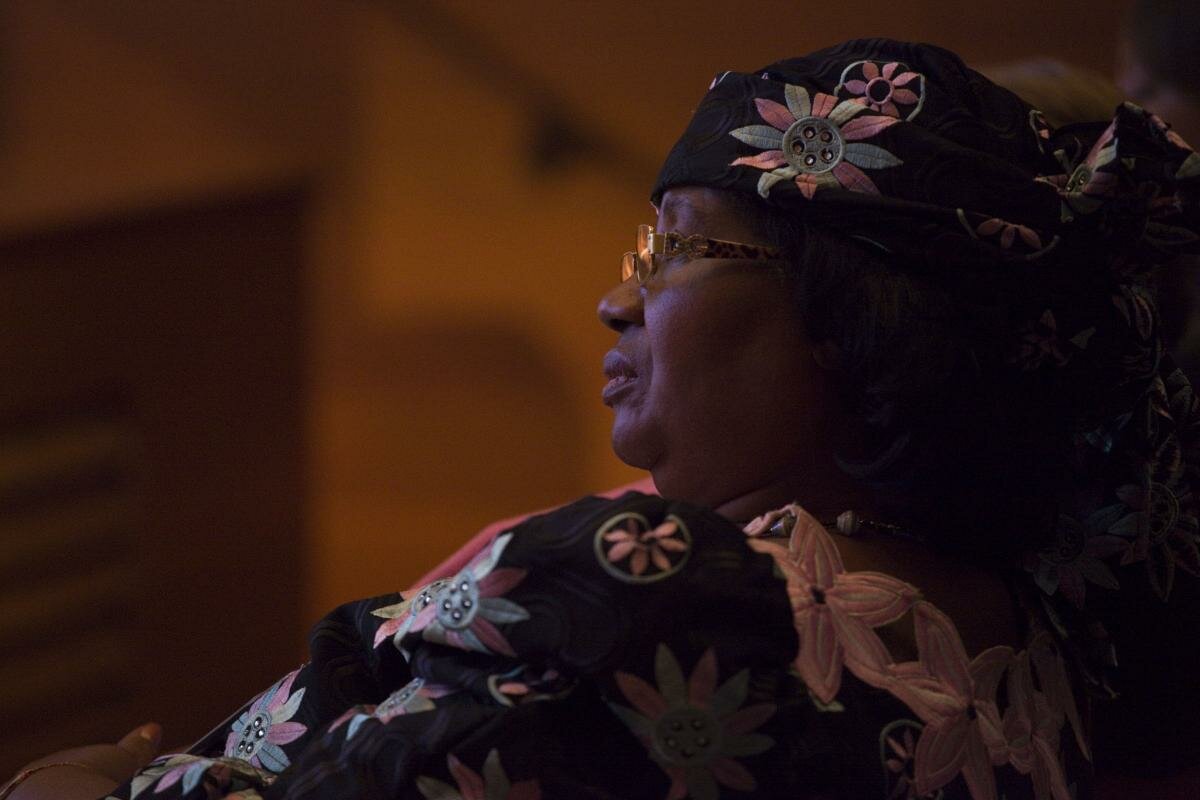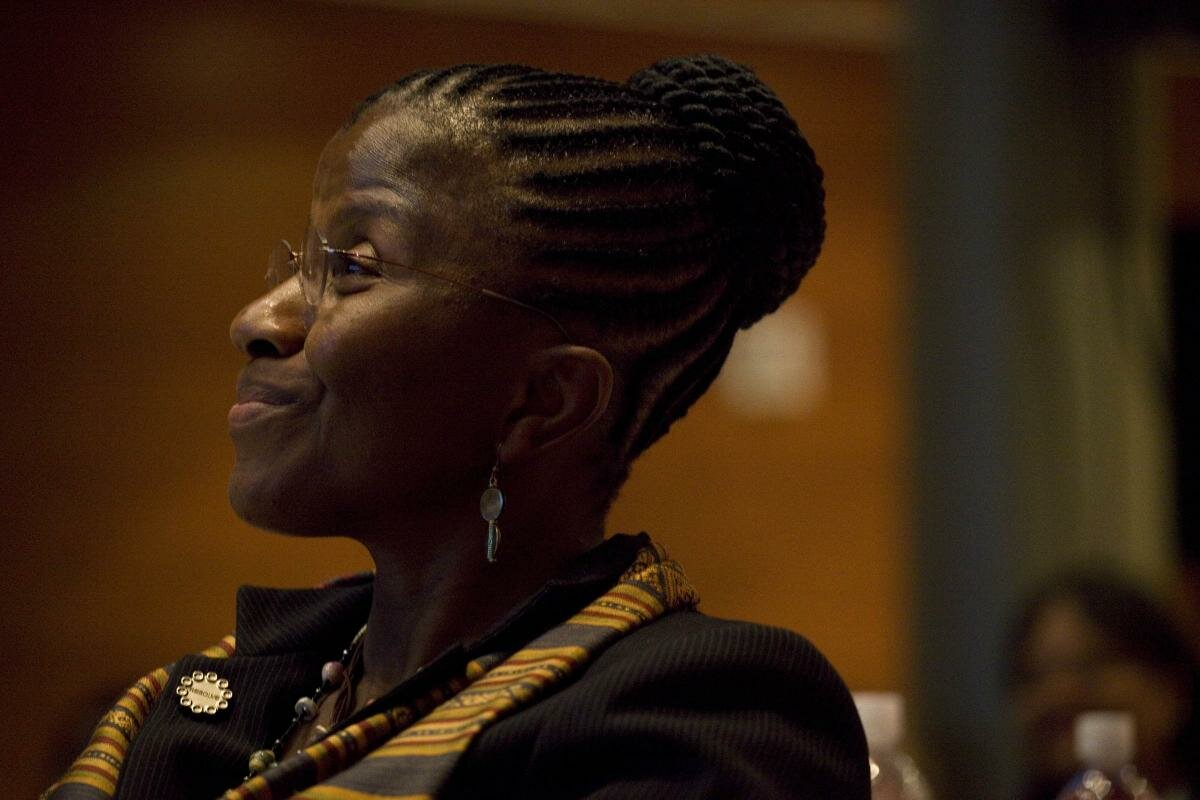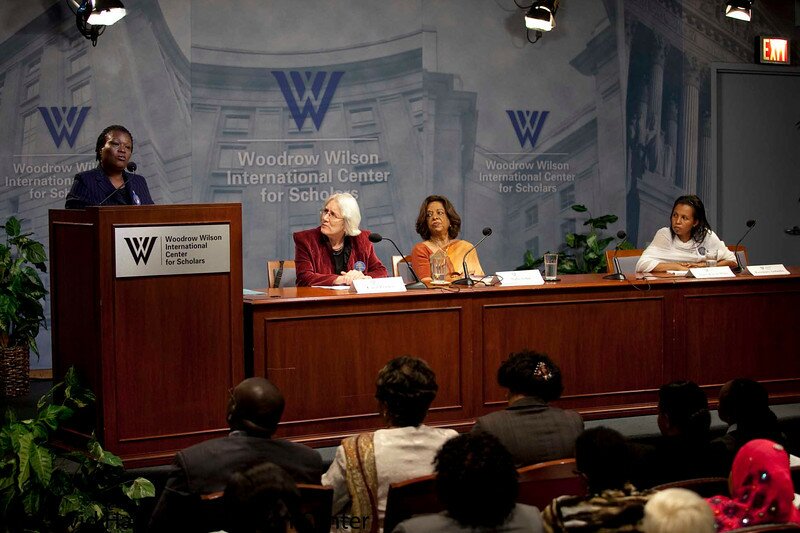October 17, 2011
John Donnelly

As originally seen at Global Post.
Joyce Banda has served as vice president of Malawi since May 2009. The country's first female vice president, she previously served as Minister of Foreign Affairs and Minister for Gender, Children's Affairs and Community Services. Before entering politics, Vice President Banda was a grassroots gender rights activist. She is currently a member of the Aspen Global Health and Development’s Global Leaders Council for Reproductive Health. Banda spoke to writer John Donnelly about how a relationship with a friend during her childhood propelled her to work for women’s rights.
What is your motivation in getting involved in reproductive health rights for women?
There are many things. It started when I was young, and it is related to poverty, education, and women’s rights overall. I was privileged because my father was a policeman and we lived in town. Many people in Malawi are from typical villages. My grandmother insisted I should be in both worlds, and so I needed to be acquainted with village life. Every Friday, she would send me home to our ancestral village, and my very good friend Chrissy would meet me by the road. She wanted to hear about town life, and I wanted to hear about village live. She would show me how to pick wild foods. Anything rural, she would teach me.
READ MORE »

 As originally seen at Global Post.
As originally seen at Global Post.
 The 1994 International Conference on Population and Development (ICPD) was a ground breaking conference where 179 countries recognized that the empowerment of women was a major step towards alleviating poverty and stabilizing population growth. The Programme of Action that resulted from the conference was reflected in the Millennium Development Goals (MDGs) in many areas such as gender equality. However there was one glaring omission from the main goals of the MDGs: universal access to reproductive health and family planning.
The 1994 International Conference on Population and Development (ICPD) was a ground breaking conference where 179 countries recognized that the empowerment of women was a major step towards alleviating poverty and stabilizing population growth. The Programme of Action that resulted from the conference was reflected in the Millennium Development Goals (MDGs) in many areas such as gender equality. However there was one glaring omission from the main goals of the MDGs: universal access to reproductive health and family planning.